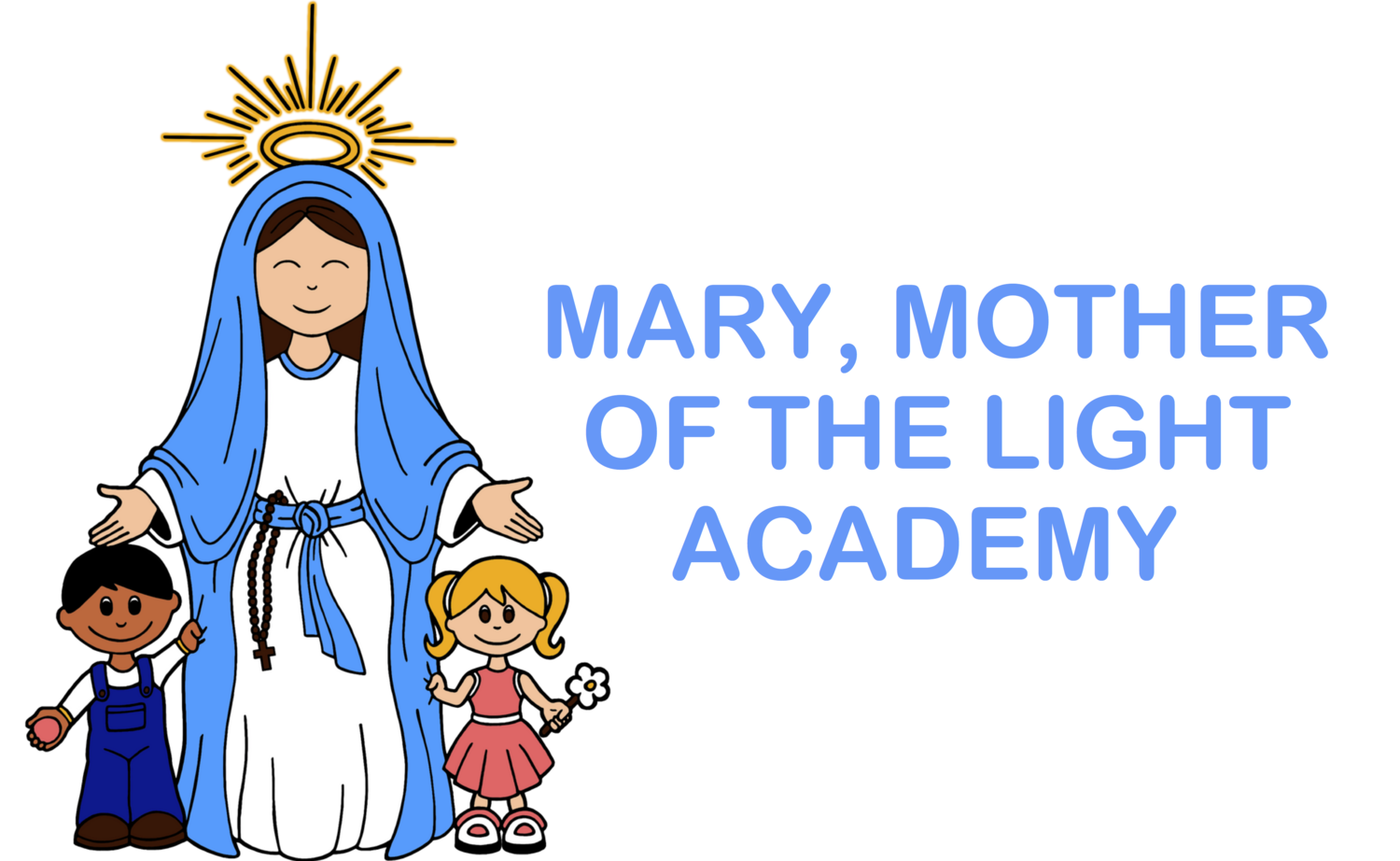What Should Your Child Know Before Preschool?
/Lunchbox? Check. Backpack? Check. Scissors, crayons and markers? Check. It’s safe to say your child is ready for preschool! Or is it?
While preschool is definitely the institution where you can expect your child to learn the fundamentals of education, there are a few things your kid should know before jumping into the classroom. Don’t stress though, these are all things you’re probably teaching without even really knowing it.
Independence will be key before your child enters preschool. Children tend to learn from their mistakes just as much as from their wins, so don’t try to be the hero in every hard situation your baby encounters. Many preschool professionals agree that socially adept children learn best from parents who show confidence in their child’s ability to problem solve for themselves. It’s okay to guide your children, but they need to understand how to believe in themselves by nurturing a sense of independence.
It’s important, prior to preschool commencing, that you ask the school about their potty training policy. If being potty trained is a prerequisite, you’ll need to assess your child’s readiness. Be careful not to force it though! Aggressive parenting doesn’t work for all children and this can actually delay results. The rule of thumb is that if your child is able to keep their diaper clean for at least an hour, they’re probably ready for the next step.
Try to make sure you child has a sense of organization. After play sessions, make sure your tyke knows they need to clean up after themselves and make sure they understand where items belong. This can be fun too! Sing songs, play games and create a routine. While preschool teaches the fundamentals, most institutions will expect children to enter with a sense of organization.
While the basis of preschool is academic readiness, it is your job to make sure your child is socially ready for preschool. This should definitely be a priority. Preschool is all about socialization and learning how to make friends and function within a group. In today’s society, it is growing harder and harder for parents to prepare their children for a social setting since most activities are performed with a screen and solo. Sharing, taking turns, and pretending are all necessary for preschool.
Finally, emotional readiness is probably the most important out of everything! Preschoolers tend to have difficulty understanding what certain emotions are, which can lead to tantrums. It’s important to help them understand those emotions prior to entering the classroom to help mitigate negative emotions upon your leaving. Try to explain to them how fun preschool is going to be and all of the amazing things they’re going to learn. Up to this point, you’ve probably been with your child day in and day out. This will surely be an adjustment for both of you. Try to make the transition as easy possible by keeping the lines of communication open!


